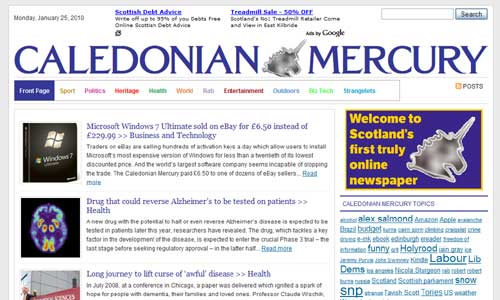On Tuesday this week, I gave a presentation at the Government Communication Network’s foundation course for new entrants – talking about the current online and social media landscape, and highlighting a few specific implications for those working in government. I haven’t received the feedback questionnaire summary yet; but the initial signals look encouraging. (Thanks Sue.)
For a while now, I’ve been doing slides which don’t make a lot of sense unless I’m standing up in front of them; so I’m not going to share my slideshow per se. However, I thought I’d share the key information sources I used: you’ll find the facts and figures I quoted, plus – undoubtedly – some other gems I missed.
The best sources of numbers were the Ofcom Communications Market Report and the National Statistics release on Internet Access, both published last August. The Ofcom report is particularly good for numbers and charts on all aspects of media consumption. I also used a few figures from the BBC’s iPlayer press pack, to illustrate the growth of high-bandwidth activity, and the use of non-traditional devices (specifically in that case, PS3s and Wiis).

The most useful visual was probably this one, from Hitwise – using data originally produced for the BBC’s Virtual Revolution series, it visualises the UK’s top 30 web presences, and the traffic flows between them.
It’s particularly useful to show just how significant Google, Facebook and Hotmail (or strictly nowadays, Windows Live Mail) are in the UK online experience – and hopefully made people think a bit more about tools which government (and indeed, party politics) often seems to ignore.
I used to do similar sessions for GCN (or as it was then, GICS) courses on a fairly regular basis; and it was great to be doing them again, forcing me to stay up-to-date on the latest statistics. The biggest single change between this one and the last one I did, back in 2006? The language I found myself using.
I was perfectly comfortable using ‘industry terms’ which I’d felt the need to avoid (or certainly, explain) last time: and the audience knew what I was talking about. But perhaps most striking of all, I was conscious of the fact that most of what I was saying was in the present tense, where last time it was future.
My thanks to Jon Worth for recommending me for the course; and to course leader Sue Calthorpe for going far beyond the call of duty, when I stupidly left my laptop power cable behind. I really enjoyed it all; I hope the attendees did too; and I’m dead keen to do more.




